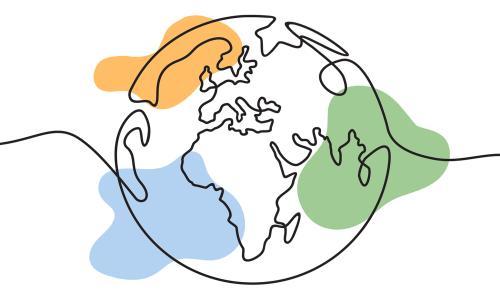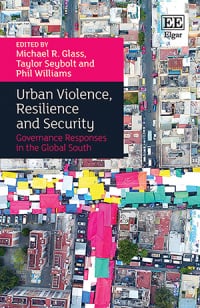For at least a decade, think tanks and government offices have echoed with tales of China’s rise.
The narrative is familiar. China has remade its economy and is now eating America’s lunch. The country is growing rapidly, laying roads and high-speed rail at a frenetic pace. The Chinese authorities sit atop a hoard of foreign exchange reserves that symbolize the country’s new financial clout.
Increasingly, China’s economic strength is mirrored in its military capability. It is, according to its boosters, destined for hegemony in the Asia-Pacific. Soon, they say, it may even be a peer-competitor of the United States.
China’s recent performance has certainly been impressive. Yet recent official conduct in China, by turns baroque and brutal, should give observers pause for thought.
We now know that Bo Xilai, former Communist Party secretary of mega-city Chongqing and a rising star in the party, systematically terrorised and rorted his municipality. Bo and his wife allegedly sent hundreds of millions of dollars out of the country; she is the prime suspect in the murder of a British businessman; he is said to have plotted to kill his own police chief. Abuse of power was practised throughout their extended family, of which Bo Xilai was merely the capo di tutti capi.
Exploring the growth of a massive economy See full coverage Bo Xilai’s behavior may have been more extreme than that of most senior officials. But corruption is widely entrenched throughout the country. There are Bo Xilais in other cities and provinces, too. This has deleterious consequences for government revenues, business efficiency, and social harmony — all important elements of national power.



Commentary
Op-edChina’s Biggest Challenge Isn’t Military or Economic, It’s Basic Governance
May 8, 2012